Graham Reid | | 7 min read
Don Walker: On the Beach
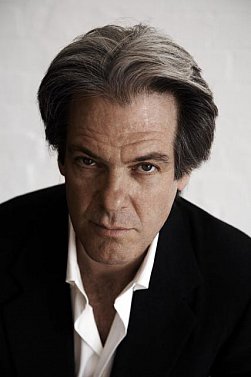
The droll, dry and fiercely intelligent Don Walker is consider by many to be among Australia's greatest songwriters -- if not the greatest – because of his songs for Cold Chisel, with the band Catfish and also for Tex, Don and Charlie (with Tex Perkins and Charlie Owen) . . . as well as his lower profile solo releases.
From a rural background in North Queensland, he came into music after completing a degree in physics and working in weapons research. His lyrics for Cold Chisel songs were often acute observations of working class or outsider Australian life which were as full of empathy as they were sometimes raw. He has consistently said his songs related to Cold Chisel audiences because they were about those very people, and he was one of them too.
Among his classics are Flame Trees, Cheap Wine, Khe Sanh, the incendiary Star Hotel . . . The list goes on.
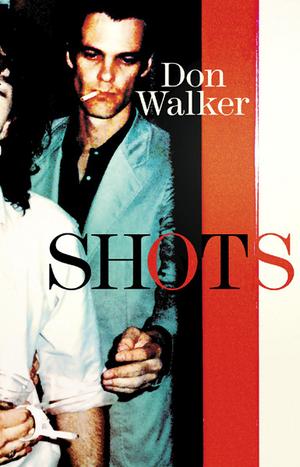 In 2008 Walker also had published his
remarkable, fragmented memoir Shots where streams of words crackled
like electric charges and flowed from the page. It was widely
acclaimed and the title alluded to snapshots but also a quick
ingestion of hard liquor.
In 2008 Walker also had published his
remarkable, fragmented memoir Shots where streams of words crackled
like electric charges and flowed from the page. It was widely
acclaimed and the title alluded to snapshots but also a quick
ingestion of hard liquor.
Walker is due to come to New Zealand in April to play two shows with the Bads (dates below) and in a free-ranging conversation he spoke to Elsewhere about songwriting, supermarket shopping, Australian politics . . . and how he would like to write another book, “a fiction book, but I just haven't had the right idea. I finished Shots in 2008, it came out in 2009 and I've been pretty flat out with music since then.”
That's a reference to the long awaited Cold Chisel reunion of 2011, although during the planning for a tour and more recording their drummer Steve Prestwich died. Elsewhere interviewed Walker at the time (see here, and a survey of Chisel's reissued back-catalogue here) so it seems a good place to start would be whether the subsequent Chisel touring – which brought them to Auckland for a furiously brilliant show at Vector Arena, reviewed here – was enjoyable.
“That 2011 tour and recording was great, a wonderful experience from beginning to end . . .which hasn't always been the case with Cold Chisel. The death of Steve maybe concentrated everybody a little bit.”
He says the band were taken aback by the enthusiastic response of audiences, which seems surprising given the affection Chisel have always been held in.
“Well, where I live is a normal life,
so you make some new songs but wonder will anybody be interested, who
knows? It's a 50/50 call and you have to play and find out.”
Perhaps the fact his solo albums have been critically acclaimed but not that many people bought them suggests a fragile of relationship between artist and audience?
“Yes. What I do [solo] is not that well known, so that's my experience. When something like Cold Chisel comes along and masses of people like it, that is the exception rather than the rule in my life and what I do. I'm used to doing things that a few people are very passionate about, but most people don't know about at all.”
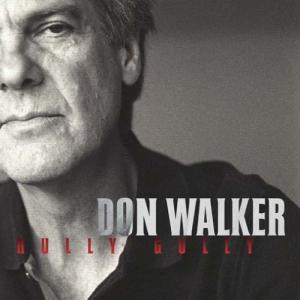 That career of albums under his own
name – just three since '94, the most recent being Hully Gully of
last year – hardly suggests a powerful work ethic or ambition to
carve out a reputation. It's worth quoting back to him some passages
from Shots where he said after the Chisel breakthrough album East in
'80 that success brought comfort but he didn't write as much.
That career of albums under his own
name – just three since '94, the most recent being Hully Gully of
last year – hardly suggests a powerful work ethic or ambition to
carve out a reputation. It's worth quoting back to him some passages
from Shots where he said after the Chisel breakthrough album East in
'80 that success brought comfort but he didn't write as much.
Perhaps there is some virtue in being the outsider looking in, a constant sense of discomfort?
“Yes, I know the passage you are referring to. That was true for then but not necessarily true for the rest of a long life. For some decades now I haven't had to worry about what I eat tomorrow or how I can have a roof over my head. That's not to say I'm rich, just that I got up to where everybody else in the community is, most people anyway.
“But the best songwriting I've done has been since then.
“With songwriting I don't think there are any broad rules for what works for different people. I have been in situations where I've had absolutely no money, a lot of people have been in that situation, and it is an utterly different experience, but whether it has any connection to being able to write or not I don't know.
“What I do know is I've got no patience for the bohemian myth. The people in leafy suburbs think that in order to do anything worthwhile you have to be in a squat drinking absinthe. That is a real bourgeoise myth.”
A few years ago Walker moved out of Kings Cross where he had lived for more than three decades and today lives in “a geriatric peninsula where people get around on Zimmer frames. They are cranky old people so the music in the supermarket is all the stuff that was current on the radio just a couple of years before I was in my teens when all of these people were of prime breeding age which is where the musical tastes are fixed for life”.
There is a long digression about supermarket music (“supermarket music is different in different areas depending on the demographic, there must be a science involved, that wouldn't be a bad job”) but mentioning grumpy old people opens the door to ask if he, now 62, has become jaundiced.
The Hully Gully album opens with the line “They try to tell ya dreams come true, they lie until ya black and blue” and in other places he sings that everybody wants fame/their name on the guest list/the perfect body but he just wants to be “idiot free”. There is the escape from things by going fishing and playing pool also.
“Yes you are right, he laughs, “and you've pointed out something I can't argue with. I wouldn't call that grumpy though, just the way it is!”
He says the themes of his songs remain invisible to him until someone points them out – frankly I doubt this – but the song about playing pool comes in two versions, one which seems more character-driven and the final version on the album – solo and at the piano – more personal.
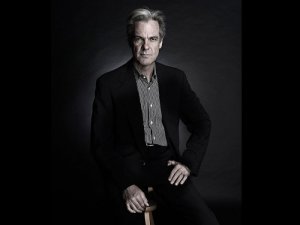 “Yes. It's really addressing the idea
of me spending long periods of too many days not doing the stuff I
want to do. Not because anybody is compelling me or preventing me,
it's just that's what you wind up doing.
“Yes. It's really addressing the idea
of me spending long periods of too many days not doing the stuff I
want to do. Not because anybody is compelling me or preventing me,
it's just that's what you wind up doing.
“I wind up doing my list of things, like everybody else. But I do know people who run a less structured life, who wake up and walk out the front door and think 'What will I do now?'
“I'm unfortunately not built with that much instinctive freedom. I'm orderly a bit, not as orderly as most people or as some people would prefer me to be.
“Songwriting tends to get done after everything else. Like, 'Will I do some songwriting? Nah I've got to do the shopping'. There is no set time. The best bits of songwriting happen really when you are doing other stuff and something surprises you, something comes into your head.
“If you walk around the supermarket trying to write a song, that is not going to work. But if you walk around thinking about apples and pears and Engelbert Humperdinck is playing in the background that's when something will happen.
“Engelbert will fire something into your head a bullet.”
As the Skype line starts feeding is own words back to him (“I sound like John Lennon”) we talk songwriting.
“It is an issue of craft and inspiration, but I would like it to be a minimum of craft and a maximum of inspiration, not the least because craft is hard work and inspiration is not.”
The lovely On the Beach includes the lines “When you lie awake and count the years that remain, and know there ain't enough to start anew, I can tell you now, I'll say it simple, say it plain, I'll be waiting on the beach for you”. This suggests a romantic heart as well.
“It's an affirmation of a relationship, in a world that has less and less values that you and I are going to cleave to the older ways.”
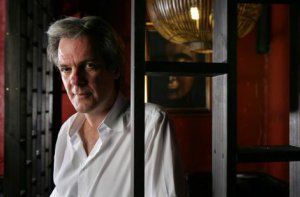 A song for more mature people?
A song for more mature people?
“Not necessarily, I've had young songwriters who really accept that song, it struck a chord with them in their life. Thoughtful young people, though.”
I imagine young songwriters want the tips, the secret of songwriting. Do you have any advice for them?
“Not in that way because I don't have the secret formula, which is why I avoid doing songwriting workshops. I can understand completely that young songwriters look at me and say this guy has the hits so must have secret knowledge or craft. But with songwriting it's just not true.
“It's a totally enthralling mystery and it as much an enthralling mystery to me at the age of 62 as it is to the young guy who has been hooked by it in his teenage years.
“We are both standing there with an equal sense of wonder and feeling of anticipatory ignorance.
Is songwriting something you either have or you haven't?
“No, the songwriting skill is not like that but the passion to pursue it is. Some people have a passion for it and others haven't. But if you follow that passion you might get good at it.
“It needn't be hard work, not for everybody. Some do it like that and get good results and other people, as one of my guitar players said, 'just fall backwards through life' and songs come around them. I'm neither of those extremes. But it shouldn't have to be hard work.”
So was Shots hard work?
“Nah, that was pure fun from
beginning to end because most of that wasn't written for anybody to
look at. It was written for my own memory, having fun with words and
playing with themes and ideas that were central to me. It was never
even intended for consumption.”
DON WALKER AND THE BADS NEW ZEALAND DATES
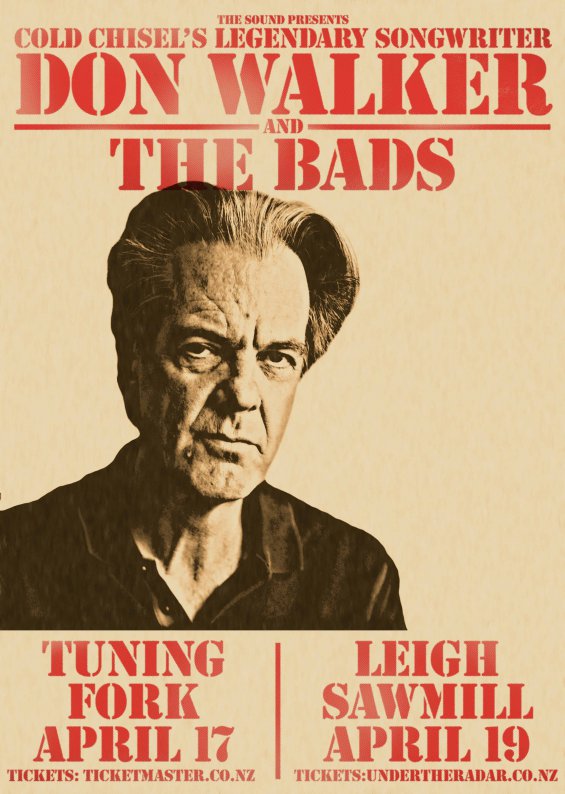

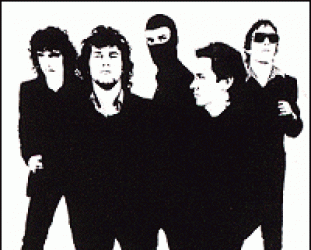

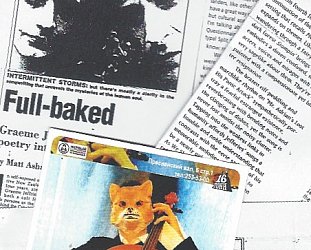
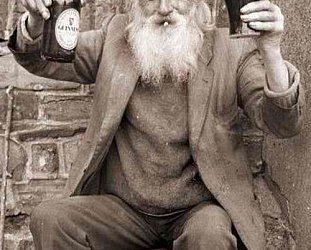
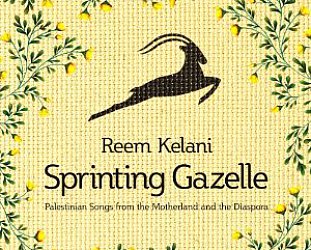
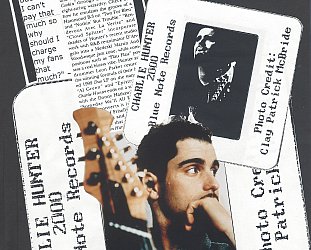
Steve - Mar 4, 2014
Have always enjoyed "We're All Gunna Die", Don's album from 1995. I return to it regularly. Like a weird mix of Nick Cave, country and the chugging rhythm of a train, I always play the entire album, and find it mesmerising. I recommend tracking it down if you are able to. GRAHAM REID: Excellent album, and the good news is that it was reissued a year or so ago. Shouldn't be too hard to find.
Savepost a comment